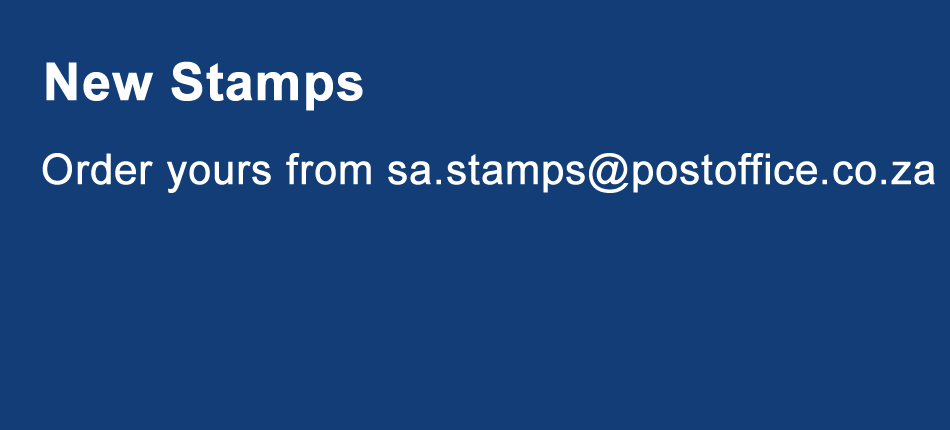

Springbok Rugby - World ChampionsTechnical information: Text by Dineo Poo Stamp issue date: 3 July 2020
Shouts of joy, loud blasts of vuvuzelas and incessant car hooters melded into a cacophony of jubilant sounds when the Springboks won the Rugby Union World Cup of 2019, ably hosted by Japan. Jubilant scenes at the airport when the Springboks returned albeit in dribs and drabs intensified the mood. The pinnacle of the celebrations was the drive through several towns and townships of South Af-rica to enable the team to celebrate with the general population and within communities where they grew up. The victory offered South Africans a rallying point for national unity. The win also inspired youngsters from pre-viously disadvantaged sectors of South Africa. The Springboks had lifted the Web Ellis trophy for the third time matching the feat previously attained only by the All Blacks of New Zealand as the team with the most Rugby World Cup (RWC) wins. They had previously won in 1995 by defeating the All Blacks and in 2007 by defeating England. The South African National Rugby team is named the Springboks and more affectionately, Die Bokke, The Boks, or Amabokoboko. Their mascot, a springbok, is named Bokkie. The Springbok is the national animal of South Africa. It is a smallish antelope with a remarkable ability to jump up to four times its height. It is widespread and often easily spotted at national parks and sometimes outside them. History was made by the team of 2019. Coach Rassie Erasmus selected the most racially diverse Springbok team ever. The Springboks had the first Black captain, Siya Kolisi. Springbok wing Makazole Mpimpi became the first South African to score a try in a RWC final. As if that was not enough, Cheslin Kolbe scored the second try for the Springboks thereby sealing the win initiated by Handre Pollard who scored six penalties in the match. Springboks were the first team to win the RWC despite losing a match in the pool stages. They were the first team to win each RWC final match that they played in. Frans Steyn became one of only two Springboks to have won two RWCs, matching Os Durant. When the Spring-boks defeated the more favoured Lions of England 32-10, President Ramaphosa said: “The boys have outshone everyone in the world. They are the best; they are the best team.” He was expressing the sentiment shared by many commentators of the World Cup. The World Cup was noteworthy in many other ways as well. It also afforded many players their initial taste of playing at the World Cup and all but one had taken part in the Castle Lager Rugby Championship-winning campaign. Five players had more than 50 caps, and only seven had less than 10 caps. Fourteen players only joined the Springboks after 2015. The player with the fewest caps, Herschel Jantjies only had 3 and Tendai Mtawarira with the most, had a whopping 110. The starting 15 for the quarter finals had 665 caps amongst them. The squad comprised 14 backs and 17 forwards. Pieter-Stef du Toit was named man of the RWC. The Springboks were with New Zealand, Namibia Italy and Canada in Pool B. They won against Namibia, Italy and Canada and were unduly defeated by New Zealand, one of the contenders for victory in the World Cup. They defeated the hosts and feisty underdogs, Japan 26-3 in the quarter finals and defeated Wales 16-19 in the semi-finals. The South African Post Office honoured the Bokke by issuing a self-adhesive Standard Postage sheet of 10 stamps featuring the Springbok emblem and a stylised rugby ball with the words ‘Halala Bokke, World Champs 2019’. A First Day Cover and Commemorative Display Card were also issued. The post office on the date stamp is Springbok in the Northern Cape. Thea Clemons was the designer. References www.sarugby.co.za Acknowledgements: Andy Colquhoun, SA Rugby Union
|